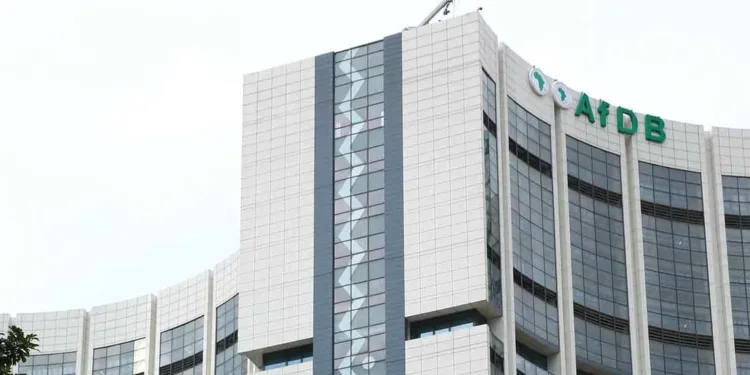The African Development Bank (AfDB) discovered scrupulous and fraudulent activity in a project awarded to a Chinese road construction company, China Henan International Corporation Group (CHICO) in Uganda.
The Chinese company has used the project which AfDB funded to perpetrate fraudulent activities in Uganda.
The Henan-based construction company CHICO will face a 12-month ban starting from March 2024. During this period, CHICO cannot engage in any new projects funded by the AfDB across Africa, including Kenya and Uganda, where it currently has an ongoing project.
The continent’s financial institution emphasized the importance of the road project, which covers the southwestern and eastern regions of Uganda, in enhancing regional integration and facilitating cross-border trade with the Democratic Republic of the Congo and Kenya.
After conducting a thorough investigation, AfDB discovered that the said Chinese road construction company weren’t transparent in their dealing.
The report states that, the CHICO
“failed to disclose the use of a commission agent while submitting a bid in the context of a tender for the procurement of civil works for upgrading of Rukungiri-Kihihi-Ishasha/Kanungu to bituminous standard, a component of the Road Sector Support Project in Uganda.”
Also Read: This is How Uganda Is Boosting Its Economy With Tourism
Does this mean other Chinese construction companies that get funded by African leaders should be properly investigated to ensure a transparent transaction? Absolutely! AfDB just proved that.
The Chinese company is currently engaged in several other road projects across Eastern African nations like Kenya, Tanzania, and Uganda.
These projects are been funded by the AfDB, World Bank, and local governments, some of which have also been badly handled in various ways.
CHICO seem to have a reputation for mishandling projects and engaging in fraudulent activities and one begins to wonder why they keeping road construction projects in Africa.
Could it be that they are more affordable or do they have “connections” in places where the projects are been secured across Africa?
In the year 2019, legal proceedings were initiated against the company in a Kenyan court located in Kisii. The charges brought forth were centred on allegations of forging lease agreements about parcels of land.
Additionally, the company was accused of engaging in fraudulent activities by unlawfully obtaining soil with an estimated value of $27,907 (equivalent to Sh3.7 million) from a local farmer.
These allegations painted a picture of deceptive practices and misuse of resources, leading to a significant legal battle and public scrutiny surrounding the company’s conduct and ethical standards.
One would think it stops there but in 2022, the Chinese construction company based in Henan province, made headlines when it decided to abruptly stop the Kisii-Isebania road project in southwestern Kenya.
The project was suspended by CHICO due to outstanding arrears, totalling a substantial amount of $11.3 million (equivalent to Sh1.5 billion).
The project, initially funded by the African Development Bank (AfDB), was meant to enhance infrastructure connectivity in the region, promising improved transportation networks and economic development opportunities.
The implications of CHICO’s decision extended beyond the immediate suspension of construction activities. It brought attention to the complexities of managing contractual obligations, payment schedules, and financial viability in major infrastructure projects.
The Chinese construction company is currently constructing a 57-kilometre road linking Mkiwa-Itigi and Noranga towns in the Singida region in the central parts of Tanzania.
In AfDB’s commitment to fighting corruption, it refused to fund five companies and affiliated projects. Kenya’s Goldsun Investments was discovered to have been involved in corrupt practices during the tender process for the dualling of the 84-kilometer Kenol-Sagana-Marua highway in Central Kenya.
After the one-year ban, the Chinese contractor and all related entities, including its leadership and subsidiaries, “will not be permitted to take part in any activities financed by the Bank Group.”
As a result of this Chinese road construction company’s reputation, will they awarded projects in Africa after the ban expires?










